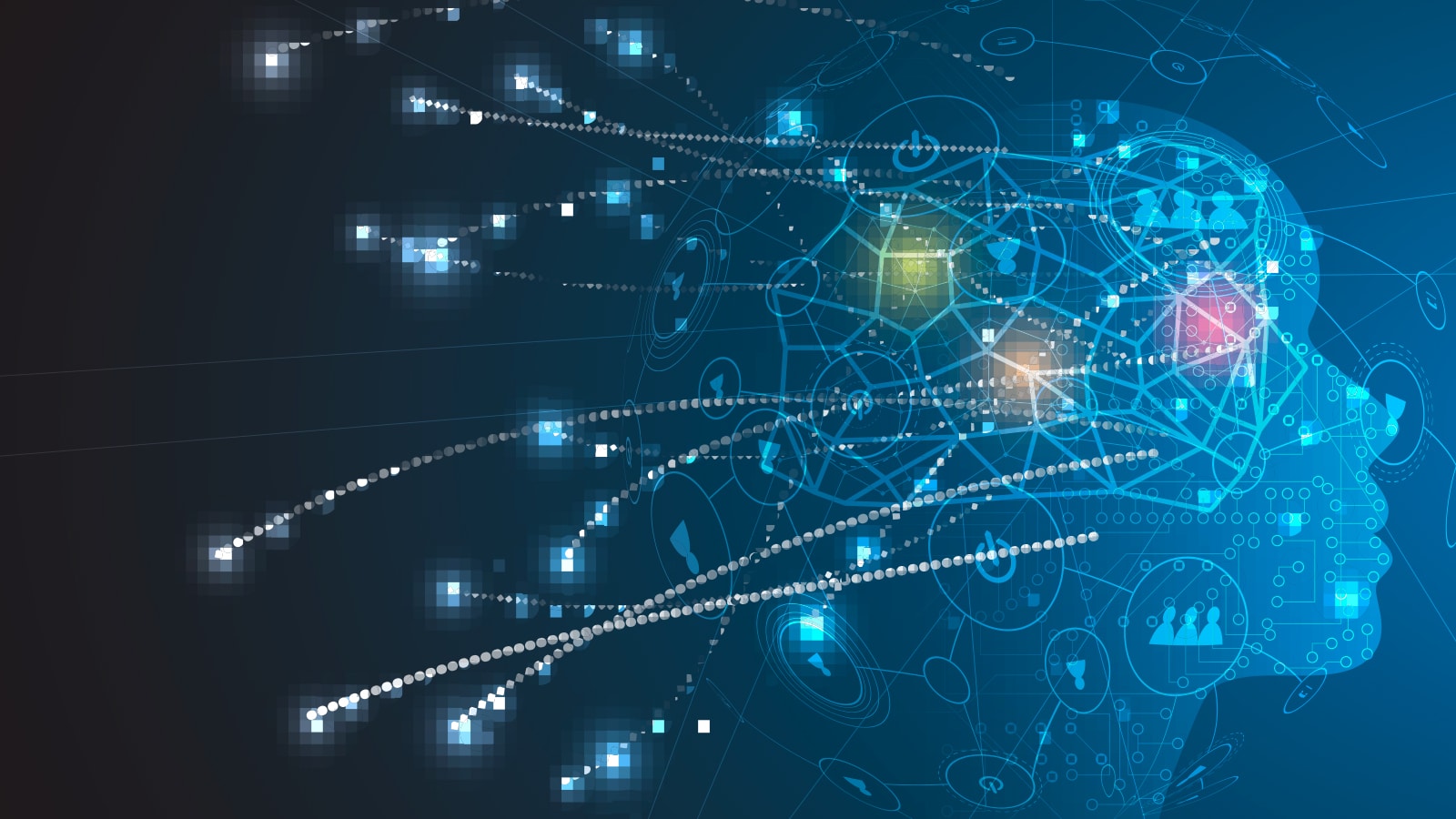
The Future of Work AI and Automation
admin
- 0
Collaborating with AI systems, they can leverage its capabilities to enhance their decision-making processes and respond more effectively to attacks. In , as the digital world becomes increasingly interconnected, protecting sensitive information from cyber threats is paramount. AI has emerged as a powerful ally in this battle against malicious actors. Its ability to analyze vast amounts of data quickly, detect anomalies, learn from past incidents, and automate routine tasks makes it an invaluable tool for organizations seeking robust cybersecurity defenses. However, it is crucial to remember that AI should be seen as a complement rather than a replacement for human expertise. By combining the strengths of both humans and machines, we can create a safer digital environment for all users. The Future of Work AI and Automation Artificial Intelligence (AI) and automation have become buzzwords in recent years, with many speculating about their impact on the future of work.
As technology continues to advance at an unprecedented rate, it is crucial to understand how these developments will shape our professional lives. One area where AI and automation are already making significant strides is in repetitive tasks. Machines can now perform routine jobs more efficiently than humans, leading to increased productivity and cost savings for businesses. For example, chatbots are being used by companies to handle customer inquiries, freeing up human employees to focus on more complex issues. Similarly, automated systems are streamlining administrative tasks such as data entry or payroll management. However, this shift towards automation has raised concerns about job displacement. Many fear that machines will replace human workers entirely, leaving millions unemployed. While it is true that certain roles may become obsolete due to technological advancements, experts argue that new opportunities will emerge as well.
As AI takes over mundane tasks, there will be a growing demand for individuals who possess skills that cannot be replicated by machines – creativity, critical thinking, emotional intelligence – traits that make us uniquely human. Jobs requiring problem-solving abilities or AI course in Malaysia creative thinking will likely see growth in the coming years. Moreover, the rise of AI also presents opportunities for collaboration between humans and machines. Rather than replacing workers outrightly; technology can augment their capabilities instead. For instance, doctors can use AI-powered tools to assist them in diagnosing diseases accurately or lawyers can leverage machine learning algorithms for legal research purposes. Another aspect worth considering is the potential impact on job satisfaction and work-life balance brought about by automation technologies. By automating repetitive tasks through AI-driven systems or robots; employees could have more time available for meaningful work engagements or personal pursuits outside of their professional lives. Nevertheless; preparing the workforce for this transition remains a challenge governments and organizations must address proactively.


